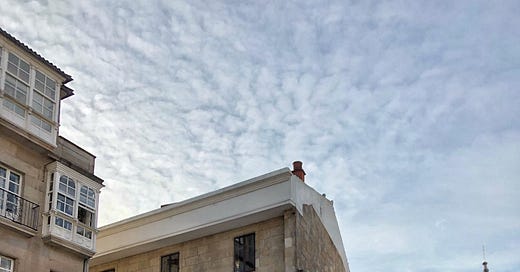Spain's happiest city
This working class city shows that "the nice friend" doesn't always finish last.
I had to go straight to the comments upon reading the headline tweets.
In a part of the country hooked to fishing, the Happy City Index 2024 ranking Vigo as the ciudad más feliz de España was going to be irresistible bait for the shoals of online trolls.
- “I don’t even want to imagine what the unhappiest city is like.”
- “Whoever did the ranking never had to travel through the city by bus.”
- “It must be since Rafa Benitez (former Celta Vigo manager) left.”
- “What about the six months of rain, three months of Christmas, and spectacular traffic jams.”
Spain is the best in the world at marketing itself to itself, but Spaniards are also elite at self-deprecating humour.
A city situated closer to Portugal than the capital of its region (Santiago de Compostela), Vigo ranks 58th worldwide in the Happy City Index 2024, one place above Bilbao and well ahead of…




